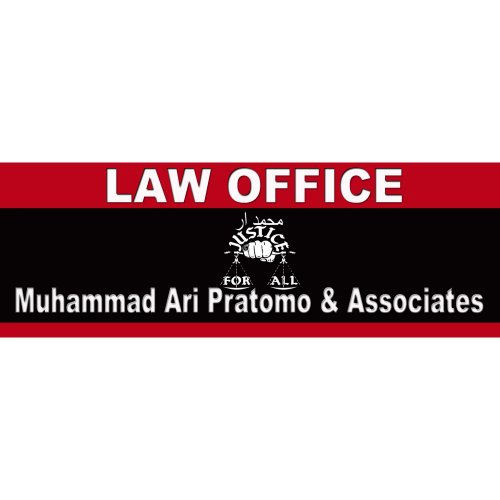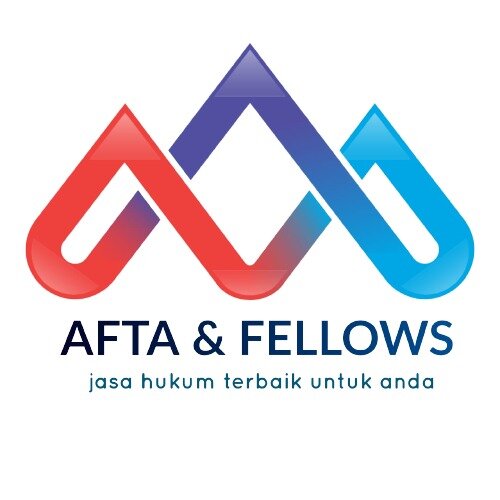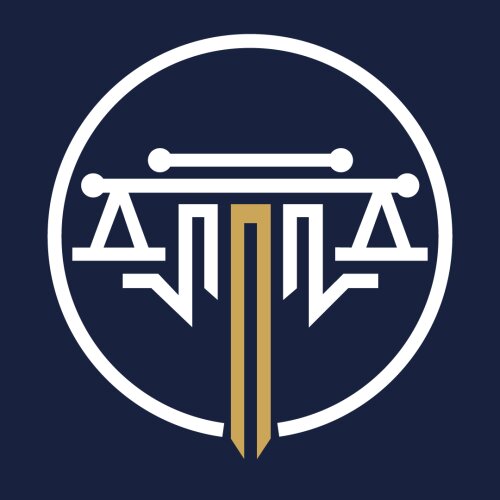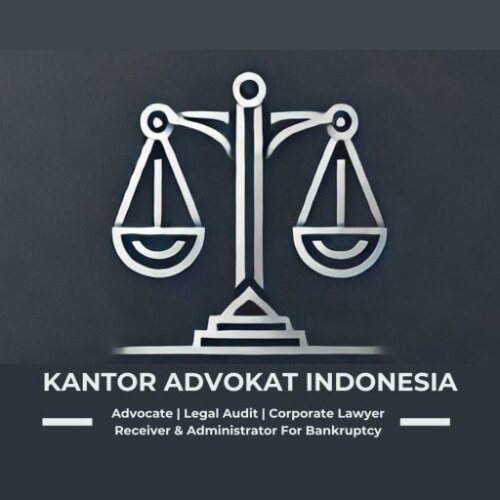Best Education Law Lawyers in Indonesia
Share your needs with us, get contacted by law firms.
Free. Takes 2 min.
Or refine your search by selecting a city:
List of the best lawyers in Indonesia
About Education Law in Indonesia
Education Law in Indonesia is primarily concerned with the regulation and governance of educational institutions and the right to education. It encompasses a wide range of issues, including the establishment and management of educational institutions, curriculum standards, and the rights and responsibilities of students and educators. The key legal framework for education in Indonesia is established by the National Education System Law (Law No. 20 of 2003) which aims to promote education as a constitutional right for every citizen.
Why You May Need a Lawyer
There are several situations in which individuals or institutions may require legal assistance in the field of Education Law in Indonesia:
- Parents seeking to understand their children's educational rights or to address violations thereof.
- Teachers or educational staff dealing with employment disputes or understanding their professional rights and obligations.
- School administrators needing guidance on regulatory compliance or managing legal issues arising from the operation of educational institutions.
- Students facing disciplinary action or discrimination within educational settings.
- Non-governmental organizations working to reform educational policies or protect educational rights.
Local Laws Overview
The main legal instruments governing education in Indonesia include:
- Law No. 20 of 2003 on the National Education System: This law establishes the framework for the Indonesian education system, including principles of education, functions, rights, and responsibilities.
- Law No. 14 of 2005 on Teachers and Lecturers: This law regulates the professional standards and welfare of teachers and lecturers, including certification and rights.
- Government Regulation No. 19 of 2005: This regulation sets quality standards at various educational levels, ensuring the provision of quality education across Indonesia.
- Minister of Education Regulations: These provide detailed guidelines and operational standards for adhering to the overarching laws.
Frequently Asked Questions
What is the right to education in Indonesia?
The right to education is guaranteed by the Indonesian Constitution, which mandates that every citizen has the right to education, and the government is responsible for funding and ensuring access to basic education.
How can I address a violation of educational rights?
If you believe there has been a violation of educational rights, you can report it to relevant governmental educational bodies or seek legal assistance through a lawyer experienced in education law for further guidance.
What qualifications should teachers have according to Indonesian law?
Indonesian law requires teachers to have a minimum of a bachelor's degree, professional certification, and the necessary skills and competencies as outlined in the Teacher and Lecturer Law No. 14 of 2005.
Are there laws protecting against discrimination in education?
Yes, Indonesian law prohibits discrimination in education based on gender, religion, ethnicity, and other personal attributes, grounding this in broader human rights protections.
Can a student appeal disciplinary actions taken by their school?
Students have the right to appeal disciplinary actions they find unjust. They should follow the institution's grievance procedures and can seek external legal advice if necessary.
How are foreign educational institutions regulated in Indonesia?
Foreign educational institutions must comply with local laws and obtain appropriate licenses from the Ministry of Education before operating in Indonesia. These institutions are also required to adhere to local curriculum standards.
What role do parents have in the Indonesian education system?
Parents are seen as partners in education; they not only have rights to access information about their child’s education but are encouraged to take an active role in their educational development.
How does the Indonesian government ensure the quality of education?
The government enforces quality standards through regulations that cover curricula, accreditation, licensing of teachers, and periodic evaluations of educational institutions.
What are the legal requirements for home-schooling in Indonesia?
Home-schooling is allowed in Indonesia, but it must adhere to national educational standards, and parents are required to report their home-schooling activities to the local education office.
How can one establish a new educational institution in Indonesia?
To establish a new educational institution, individuals must obtain permits and accreditations from the Ministry of Education, ensure compliance with local standards, and provide a clear educational program and qualified staff.
Additional Resources
- Ministry of Education and Culture of Indonesia: The official governmental body responsible for education policy and regulation.
- Education Law and Policy Foundation: A non-profit organization providing research and advocacy regarding educational rights.
- Local Law Offices specializing in Education Law: These offices can provide tailored legal guidance based on specific cases.
Next Steps
If you believe you need legal assistance in the area of Education Law in Indonesia, consider the following steps:
- Consult Lawyers: Seek out a lawyer or law firm specializing in Education Law who can provide advice tailored to your situation.
- Gather Documentation: Collect all relevant information and documents related to your case to provide to your lawyer.
- Understand Your Rights: Familiarize yourself with your rights under Indonesian law to better communicate your needs and objectives.
- Engage with Relevant Authorities: If applicable, report your concerns to the relevant educational authorities for preliminary resolution.
Lawzana helps you find the best lawyers and law firms in Indonesia through a curated and pre-screened list of qualified legal professionals. Our platform offers rankings and detailed profiles of attorneys and law firms, allowing you to compare based on practice areas, including Education Law, experience, and client feedback.
Each profile includes a description of the firm's areas of practice, client reviews, team members and partners, year of establishment, spoken languages, office locations, contact information, social media presence, and any published articles or resources. Most firms on our platform speak English and are experienced in both local and international legal matters.
Get a quote from top-rated law firms in Indonesia — quickly, securely, and without unnecessary hassle.
Disclaimer:
The information provided on this page is for general informational purposes only and does not constitute legal advice. While we strive to ensure the accuracy and relevance of the content, legal information may change over time, and interpretations of the law can vary. You should always consult with a qualified legal professional for advice specific to your situation.
We disclaim all liability for actions taken or not taken based on the content of this page. If you believe any information is incorrect or outdated, please contact us, and we will review and update it where appropriate.
Browse education law law firms by city in Indonesia
Refine your search by selecting a city.

















